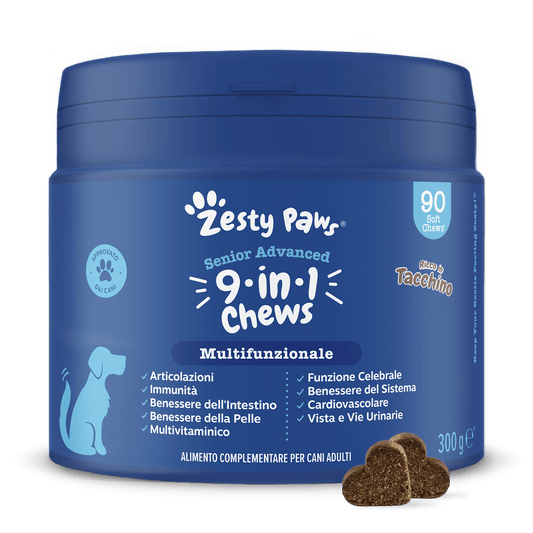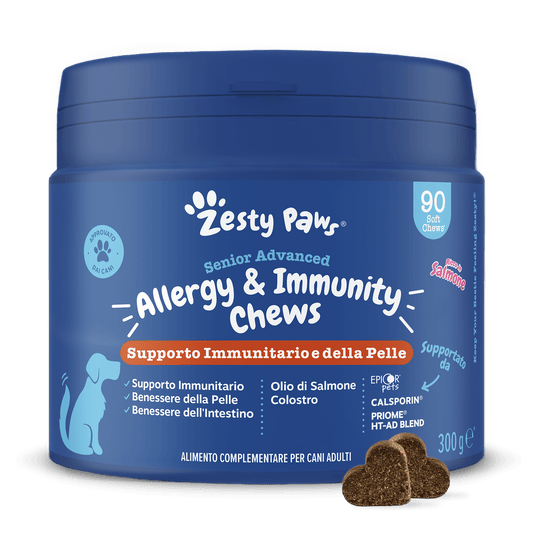As a caring pet parent, you always want to ensure that your older dog can move around comfortably just like in the old days. As our furry companions age, they may sometimes find it difficult to get up from resting or move at a slower pace.
According to the British Small Animal Vet Association (BSAVA), small dogs are considered geriatric at the age of seven, while some larger breeds are seen as seniors by the time they reach six years old. This means that there are plenty of senior dogs out there! It's not surprising that vets often see older dogs struggling with mobility issues.
When both humans and dogs age, the muscles and joints responsible for movement may become less efficient. The good news is that we have some great tips and tricks that could help you support your beloved pet's mobility as they gracefully grow older.
Here are five ways you can assist your senior dog in maintaining mobility:
-
Be Mindful of Your Senior Dog's Weight
If your dog is overweight, helping them shed those extra pounds can greatly benefit their joints. Consult your vet to determine the ideal weight for your furry friend. You can also use resources like printable diagrams from organisations such as British Small Animal Vet Association (BSAVA) to assess your dog's weight. Extra weight can put unnecessary strain on your dog's joints, leading to discomfort. Opting for senior-oriented or joint-supportive food can be beneficial.
-
Regular Exercise is Key

Once your dog has achieved a healthy weight, regular exercise becomes crucial for maintaining joint mobility in their senior years. Focus on gentle walks on flat surfaces and avoid uneven terrains that could cause discomfort. Dog boots with good grip can aid dogs struggling with mobility. It's important to monitor your dog's comfort level during exercise and adjust accordingly.
-
Consider Hip and Joint Supplements
Hip and joint supplements containing ingredients like glucosamine, chondroitin, and curcumin can help support your dog's mobility. These supplements come in various forms, including chewables and liquid options. Consult your vet before introducing any new supplement to your dog's diet.
-
Explore Hydrotherapy Options
Hydrotherapy, such as swimming or water treadmill sessions, can be beneficial for senior dogs, especially those with arthritis or mobility issues. If available, certified canine water therapists or veterinary rehabilitation facilities can provide this service.
-
Try Massages for Mobility Improvement
Regular massages can aid in keeping your senior dog's muscles loose and reduce stiffness. Massaging your dog yourself can also be a bonding experience. By improving blood flow and reducing muscle tension, massages can help your dog move more freely and comfortably.
Before implementing any new strategies for your senior dog's mobility, it's important to consult your vet to ensure that they are appropriate for your furry companion. These tips can help keep your senior dog's hips and joints healthy and happy as they age gracefully.





